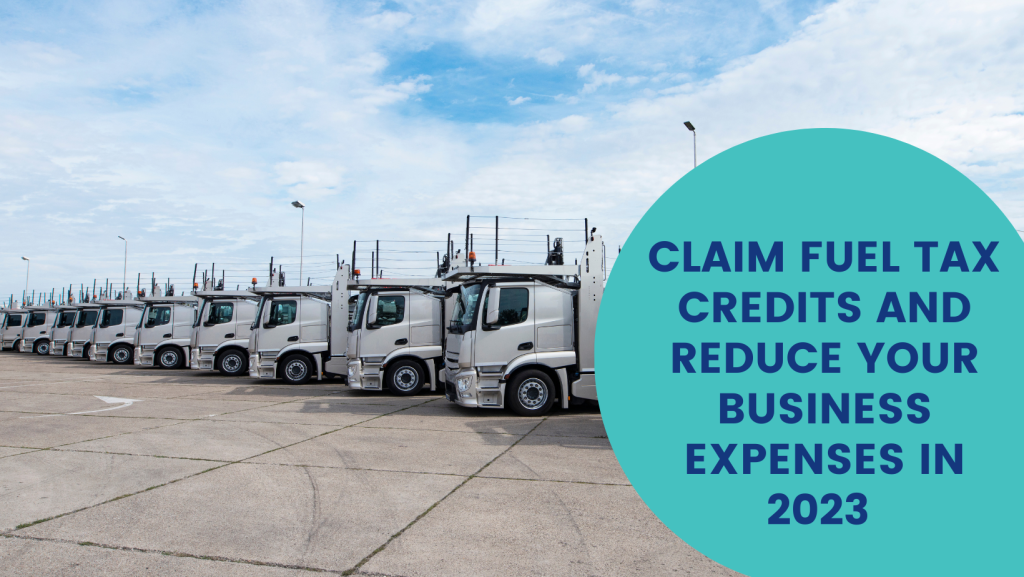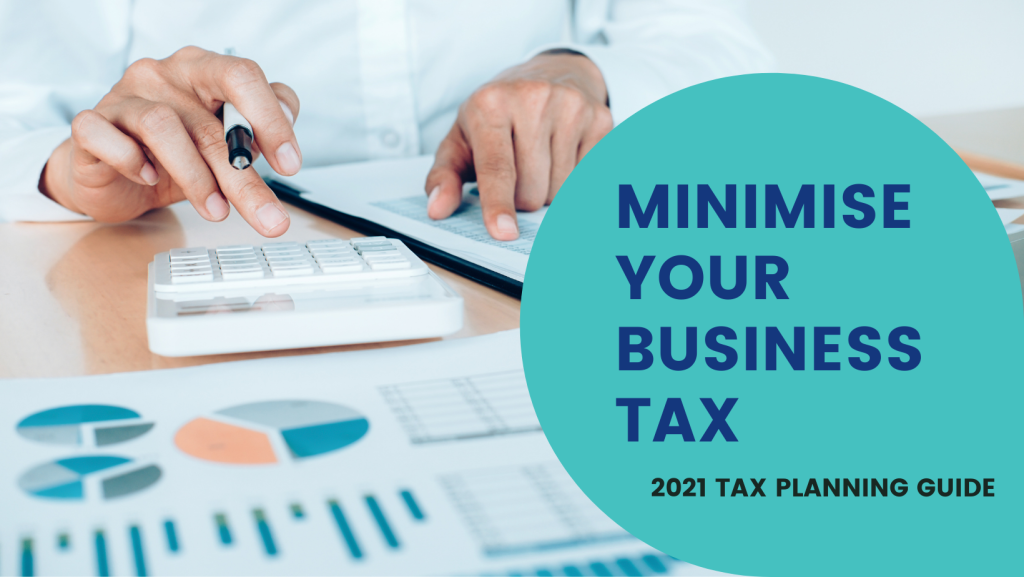Claim Fuel Tax Credits and Reduce Your Business Expenses in 2023
If you own a heavy vehicle, you can apply for fuel tax credits to help with the cost of eligible fuels used.
We understand that running a business takes hard work, and savings do matter. With the periodic lodgement of fuel tax credits to the Australian Tax Office (ATO), there’s a chance for some extra support for your bottom line — so make sure you get tracking!
The aim of fuel tax credits is to offset the cost of eligible fuels used in a heavy vehicle registered in Australia and are not intended as travel or transport cost reimbursements. Before heading off and placing your claim, it is important to check in with the ATO to understand all the relevant rules and regulations available. This ensures that everything is ticked off correctly on your front and reduces any risk of getting into any tricky situations down the line.
What Are Fuel Tax Credits?
Fuel tax credits are a payment scheme offered by the ATO that can be claimed by businesses that own heavy vehicles which use eligible fuels such as diesel, petrol, or alternative fuels like biodiesel and ethanol.
The fuel tax credits can be claimed every quarter, so it’s important to keep an eye on the amount of eligible fuel used in your business. This way, you won’t miss out on extra financial assistance.
Why Should You Claim Fuel Tax Credits?
Claiming fuel tax credits can provide significant benefits for eligible businesses and individuals:
- Reduced fuel costs: Claiming can reduce fuel costs for eligible activities and industries. This can help businesses save money on fuel expenses and potentially increase profitability.
- Increased competitiveness: By reducing fuel costs, businesses may be able to offer more competitive pricing and win more contracts or customers.
- Improved cash flow: Claiming fuel tax credits can improve business cash flow, as this can help with day-to-day operations and financial planning.
- Compliance with tax laws: Claiming fuel tax credits is a legal requirement for eligible businesses and individuals.

What Else Do You Need To Know?
Fuel classifications detailed in the ATO guidelines mean that some fuels won’t qualify for fuel tax credits where the activity that the fuel is used for is considered ineligible.
For instance, diesel, which is an eligible fuel, that is used in a light motor vehicle on public roads does not qualify for fuel tax credits, as the use of the fuel in a light motor vehicle while on public roads is an ineligible activity. This means you should keep apprised of any restrictions placed on which types of fuel and activities are eligible and available depending on their use — biofuels used in any type of agricultural or fishing activities may only be eligible for partial claims.
It may be worth speaking with a knowledgeable ATO representative prior to filing your claim to help clarify whether or not your fuel type or activity qualifies.
Key Points
- You can claim fuel tax credits for eligible fuels used in heavy vehicles with a GVM greater than 4.5 tonnes.
- Eligible fuel can be used for traveling on or off public roads and for powering auxiliary equipment.
- To work out your fuel tax credits accurately, keep complete and accurate records.
- Keep records of fuel acquired and used in your business in writing (either electronically or on paper) and in English or easily translated into English.
- You must keep records for at least five years, although some records need to be kept longer.
- If you claim less than $10,000 in fuel tax credits each year, you can use the simplified approach to keep records and calculate your claim. It’s important to be aware that these credits are available once every quarter at the same time as your BAS if registered for GST, so organising and tracking your expenditure each quarter is a must.
- The ATO regularly publishes the fuel tax credit rates and amounts for each type of eligible fuel, used for each eligible activity.
Conclusion
Businesses operating heavy vehicles and looking for ways to save money on operating expenses should consider applying for fuel tax credits through the ATO. These credits could help offset some of the costs associated with purchasing eligible fuels such as diesel or petrol for use in your heavy vehicles. Following all applicable rules and regulations when filing your claims, including keeping accurate records of your purchases and completing all necessary paperwork correctly, is very important since incomplete forms or late submissions may not be accepted by the ATO. By following these steps carefully, you could potentially save yourself some money when meeting your quarterly BAS obligations.
Don’t miss out on the opportunity to claim fuel tax credits and offset the cost of eligible fuels used in your vehicle. Contact Wardle Partners Accountants & Advisors for comprehensive advice on what steps to take and how to be compliant with its rules and regulations.



